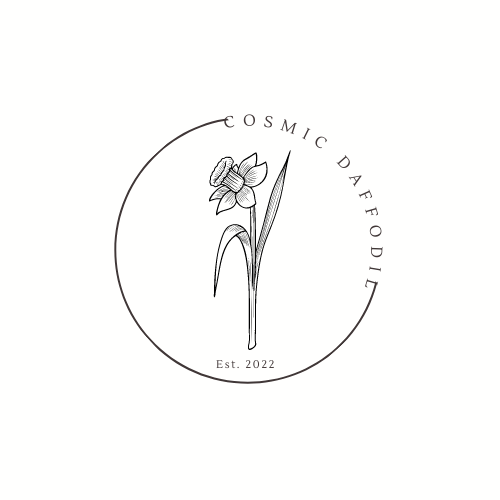IRISES
When your daughter died, the only thing I wanted
was to find a special object I could give,
a symbol you could cradle in your palms.
I clawed the heavy ground, and pried irises
out of their bed in the damp, indifferent earth,
then broke the musty roots in two, a link
from me to you, a feeble, fruitless link
to the child you both so keenly wanted,
lost before its birth, a gift from earth
you could cherish and I could easily give.
It takes no special skill to nurture irises.
I placed the gnarly rhizomes in your palms.
You put them in your pocket, splayed your palms,
a slice of ashy bone exposed, a link
to her. “Why don’t you plant it with the irises,”
I said. You shook your heavy head. I wanted
to touch the bone. It wasn’t for you to give.
Instead, I knelt and soothed the weeping earth,
recalled the child I lost too soon for earth
to hold its form. No splintered bone in palms.
I buried a paper crane I couldn’t give
away. The origami bird, a link
to all I lost, the precious child I wanted,
gushed in blood before the irises
could bloom. And when I heard, I stopped by irises
budding at a country roadside stand. The earth
was damp from rain. My tired children wanted
change for sweets. They whined, held out their palms.
I called and thought about the things that linked
us close, but after the beep I had nothing to give,
no balmy words. If only I could have given
you so much more than sympathy and irises.
It was my birthday. Did that make it more of a link?
My child miscarried died before the earth
could have a chance to freeze and melt. My palms
and eyes were damp. Did it matter what I wanted—
to walk with you and feel the soft earth give
in to the stubborn spread of irises. I wanted
most to link that bone between our palms.
TENDERNESS
(After Diane Suess)
I.
Each day from the vase I cull flowers
whose petals have curled. Not even waiting
for death before disposal, I fling them
to an unmarked grave among the invading asters
warring with irises for my small resource of yard.
It’s always like that, the grab for habitat
among animals, vegetables. Maybe minerals.
Does gold fight its embedded rock for space?
When pried, does it cry a high pitch, undiscernible
to the human ear?
When I hold a rock,
will I hear its mineral message?
II.
I didn’t grow up with flowers.
Only stories—those sad people
in Poland and the Ukraine, petal-stripped.
Forced to dig their own holes. Shot.
Did the blood that poured
from open guts warm them
as bullets force-flung
their unclothed bodies backwards
into the freshly dug dirt?
In the cold,
skin cracks.
The body’s bones dry.
III.
Can we find tenderness
in a flower’s plucked petals?
In the sac of stories, from the bubbes
who wailed their warnings?
This could happen here.
You’re no safer than a flower.
Soon, the day will curl.
D. Dina Friedman has published widely in literary journals and received two Pushcart Prize nominations. She's the author of two young adult novels: Escaping Into the Night (Simon and Schuster) and Playing Dad’s Song (Farrar, Straus, Giroux) and one chapbook of Poetry, Wolf in the Suitcase (Finishing Line Press). Her short story collection, Immigrants, is forthcoming from Creators Press in Fall 2023. Visit her website at www.ddinafriedman.com and subscribe to her blog on living a creative life in a creatively challenged universe at ddinafriedman.substack.com
